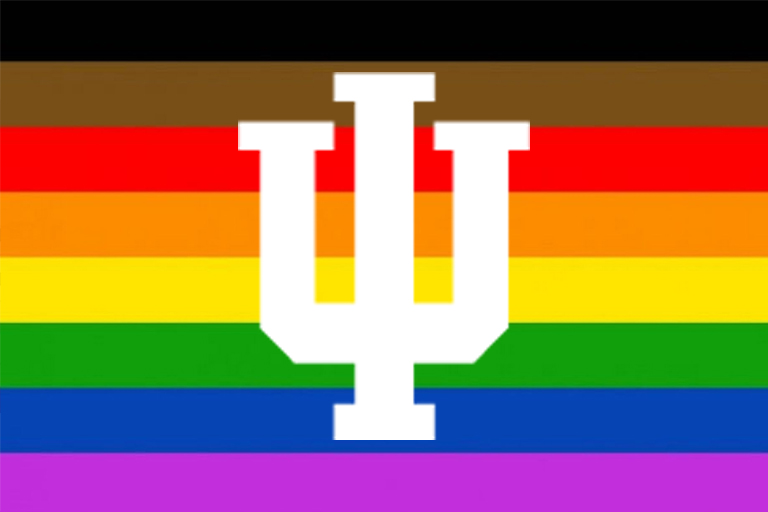In the 1970s, IU alum Cindy Stone lost her job as a public school teacher in Southern Indiana, when rumors surfaced that she was a lesbian. Until a few days ago, Stone, now a former IU Trustee, LGBTQ+ Alumni Association President, and Queer Philanthropy Circle member, was one of millions of Americans who still had no legal protection under state or federal law. LGBTQ+ people have spent decades fighting for LGBTQ+ equality in the workplace, but—even after the Supreme Court’s Obergefell decision legalizing marriage equality and as recently as June 14—it was still legal under federal law and 29 states’ laws to discriminate against a person in employment because of their sexual orientation or gender identity.
That changed on June 15, 2020. In its decision in Bostock v. Clayton County, the U.S. Supreme Court held that a 1964 federal law prohibiting employment discrimination “on the basis of sex” includes discrimination against a person because they are gay, lesbian, bisexual, or transgender. The law applies to businesses that have 15 or more employees. This landmark decision thus extends legal protection to millions of Americans—in every state and territory—against workplace discrimination because of their sexual orientation or gender identity.
As important as it is, this decision does not provide full social and legal equality for LGBTQ+ people. For example, the case did not address whether businesses can refuse to serve people because of their sexual orientation or gender identity. And suing for employment discrimination under federal law can still be expensive and intimidating for many victims. There remain good reasons to continue fighting for broad, comprehensive non-discrimination laws at the state and local levels, too.
Still, the Court’s decision gives us yet another milestone to celebrate with pride this month, and another reason to be profoundly optimistic for the future. Courts may eventually extend its reasoning into other areas of law, to provide protection against discrimination in education, housing, and other aspects of life. But victories like these are not inevitable. They are made possible by the profound ways LGBTQ+ people and their allies already have changed the world.
And so the Bostock decision is a poignant reminder to acknowledge and celebrate the contributions of the countless people who have worked—and continue to work—tirelessly to achieve LGBTQ+ equality in all aspects of life. Like all of us in the LGBTQ+ community, the members of the IU Queer Philanthropy Circle and the IU LGBTQ+ Alumni Association owe them a debt of gratitude and a commitment—through scholarships, education, programming, advocacy, and other forms of support—to continue working to improve the lives of LGBTQ+ people.
For more information about the Bostock decision and its implications, readers may find the following resources useful:
- Michael Barbaro, “A Landmark Supreme Court Ruling,” NYTimes.com, June 16, 2020
- Dominic Holman and Zoe Tillman, “LGBTQ Americans Just Won A Massive Civil Rights Victory At The Supreme Court,” Buzzfeed.com, June 15, 2020
- Ian Millhiser, “The Supreme Court’s landmark LGBTQ rights decision, explained in 5 simple sentences,” Vox.com, June 15, 2020
- Steve Sanders, “Bostock: a Textualist Trump Appointee Delivers a Landmark Victory for LGBT Equality,” Medium.com, June 15, 2020
Learn more about the IU Queer Philanthropy Circle at queerphilanthropycircle.iu.edu and more about the IU LGBTQ+ Alumni Association at http://alumni.indiana.edu/glbtaa.


